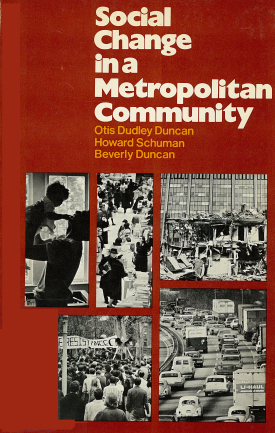
Social Change in a Metropolitan Community
About This Book
How has American society changed over the last fifteen years? Do we raise our children differently now than in 1953? Has women's liberation produced a shift in attitudes toward marriage or altered our idea about appropriate activities for women? Have our attitudes toward race undergone a significant revision?
In this challenging volume, three eminent sociologists examine questions like these in the light of hard data which have become available, year by year, over the last two decades. The major purpose of the book is to demonstrate how measures of social change can be developed, capitalizing on past efforts in survey research. An omnibus survey, carried out in 1971, was designed almost entirely as a selective repitition of questions originally asked in the 1950s. It provides precise and reliable measures of change in such areas as marital and sex roles, social participation, child rearing, religious behavior, political orientations, and racial attitudes.
Lucid and authoritative, Social Change in a Metropolitan Community presents a unique body of information on changes in public opinion, social norms, and institutional behavior. Its large number of statistical measurements are presented in an extremely accessible form—almost always as simple percentage comparisons. The research findings included here are unduplicated by any other study, and as a source of information on current social trends they provide fascinating reading for anyone who wishes to enlarge his understanding of the temper of our times.
OTIS DUDLEY DUNCAN, HOWARD SCHUMAN, and BEVERLY DUNCAN are all professors of sociology at the University of Michigan.

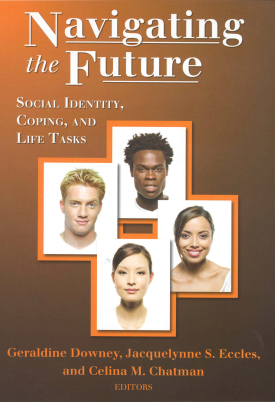
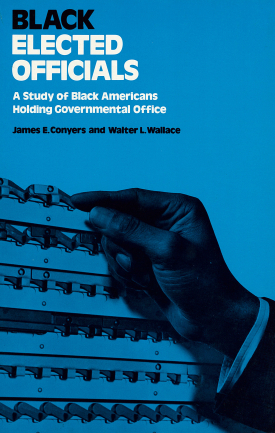
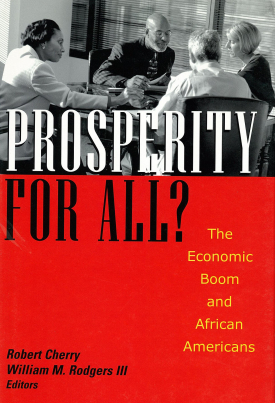
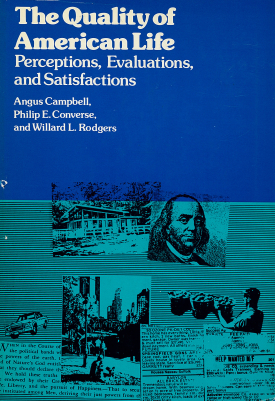
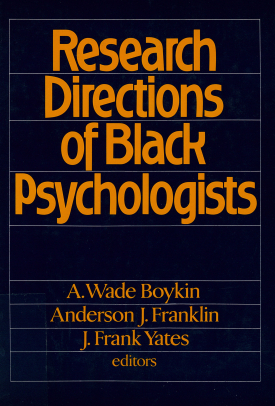
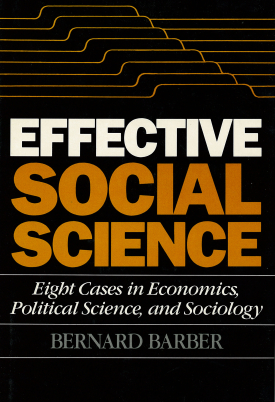
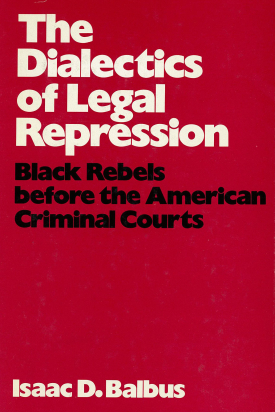
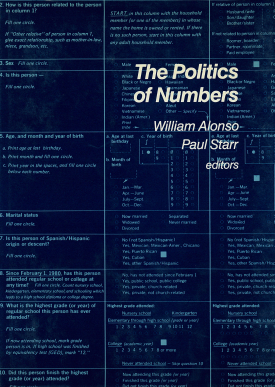
 Scarcely any other controversy in law enforcement has received more attention in recent years than racial profiling. The practice of targeting, searching, or detaining individuals for criminal activity based on racial stereotypes surfaced in the national political and legal agenda in the late 1990s.
Scarcely any other controversy in law enforcement has received more attention in recent years than racial profiling. The practice of targeting, searching, or detaining individuals for criminal activity based on racial stereotypes surfaced in the national political and legal agenda in the late 1990s.